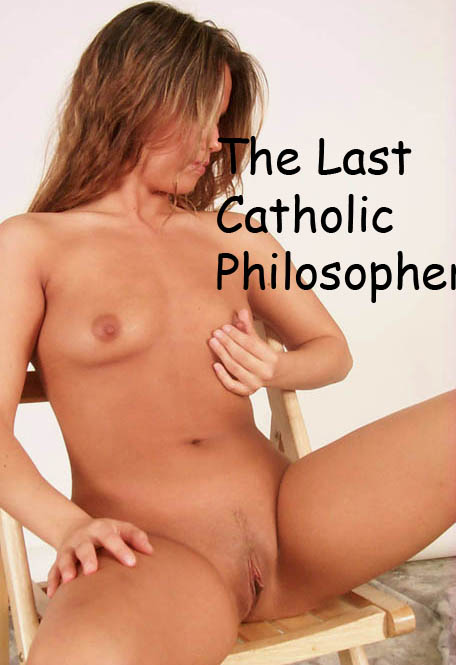 |
The Last Catholic Philosopher It is striking that in his instructional handbook and systematic summary, the Principes de la philosophie, Descartes should remark that the object of first philosophy, and indeed of all scientific knowledge, should be an awareness of how to live well, to lead good life directed by sagesse. It is striking because Descartes nowhere states any findings as to what a sage mode of existence may be (There is much textual evidence to the effect that Descartes counted understanding and believing clear and distinct truths and what can be deduced from those truths as at least part of proper behavior). In fact he rarely addresses moral issues at all. Descartes does refer to a “most perfect morality” and a “high degree of wisdom” that presupposes a complete knowledge of (all?) the other sciences (p. 566). However, he does not tell us what such a supreme morality would look like, what would be its imperatives (or whether it would even contain any imperatives). I suggest that the reason for this is Descartes’ Catholicism (even though most of his intellectual compeers adhered to the eventually suppressed Jansenist brand of Catholicism). The specifics of morality were already adequately spelled out in the Ten Commandments and various conciliar and papal pronunciamentos. As long as he got as far as the existence of a benevolent God, perhaps the specifics of morality would follow. These must have seemed so obvious to Descartes that he could counsel the student wishing to embark on first philosophy to first form for himself a morality to regulate the actions of his life (p.565) before even trying the adventure of doubt. In fact, throwing caution to the wind, he explicitly submits his findings to the authority of the Church (p. 670). Clearly Descartes did not feel the uncertainties about proper behavior that awoke with the Renaissance and evoked the alternative moralities of Castiglione, Machiavelli and Bacon. For this reason the condemnation of Cartesianism by the Catholic Church in 1663 amounted to a refusal by Descartes’ Church to fill the lacuna between the proof of the existence of a benevolent God and a canon of beliefs and moral precepts. This event has greater significance than notoriety because it effectively severed relations between Catholicism and anything approaching rigorous philosophy. And, despite the nearly contemporaneous condemnation of Descartes by the Protestant University of Leyden, those philosophers after Descartes who chose to have anything to do with religion at all invariably selected Protestant teachings as their point of reference.
|
Willis Domingo

There are naked women and big words inside. If you are under the age of 18, you do not belong here and should leave immediately by clicking here to exit. If you are an adult and do not wish to see erotic images of any kind or if you are simply stupid, click here to exit.
